Last summer, Cooper Gulch Common Grounds interviewed every City Council member to learn more about how the City works and how citizens could be more involved. We learned that City develops a strategic vision every year where City staff and the Council spend two days identifying strategic priorities for the City. The 2019 workshop is scheduled for March 21st & 22nd from 8:30 to 5:00 in the Bode Classroom, 3030 L Street, Eureka.
The workshops in the past have had very little, to no direct public input. We see this meeting as a key opportunity to increase public involvement in determining our future. We will be attending portions of this two-day meeting to advance ideas we think are critical to improving public involvement and transparency in City governance, as well as, improving the long-term well being of Eureka’s citizens.
Ways you can be involved:
Attend all or portions of the Strategic Visioning Workshop.
Send an email or letter to the Mayor and City Council on what you think should be prioritized in the Strategic Vision for 2019.
Provide feedback on the priorities we will advocate for (either on Facebook page or by emailing us and our elected officials)
Following are the priorities we have agreed to advocate for in the Strategic Visioning process and little background on why we think this is important.
Increase broad community awareness and involvement throughout the development of policies and processes in the management of Eureka’s public lands and resources.
We have encountered many instances where City plans that would have dramatic effects on the character of neighboring lands and valued city resources have not been proactively shared with the public. Such instances include artificially turfing the fields at Cooper Gulch Park, the development of an RV park with a first option to buy on the City’s waterfront property, the relocation of the corporate yard to Kennedy and Hartman ball fields. We believe that such significant changes to the long-term character of our community and neighboring lands deserve more public dialogue. We therefore advocate for policies and processes that would support meaningful and broad public involvement throughout the development of such proposals.
Increase support, education and training for the City’s elected officials, staff and commission members on citizen involvement and participatory planning processes, the Brown Act, and decision-making processes.
In the process of organizing to improve conditions at Cooper Gulch Park, we have identified a number of barriers to public involvement and opportunities to improve the City’s compliance with the Brown Act, as well as improving the integrity and transparency of public processes in decision-making. We believe that by furthering the development and knowledge of our elected officials, staff and appointed commissioners on these democratic processes would be a strategic investment in aligning and strengthening the relationship between City leaders and the community.
Develop a long-term management and funding strategy for maintaining public facilities (e.g., public marina) that does not include the sale of Eureka’s public lands.
We are interested in advancing strategies for the long-term prosperity of Eureka and its citizens. Funding recurrent maintenance of city properties, such as the dredging of the public marina, is a short-term goal that should not be funded through the sale of our public lands, such as the waterfront lands east of the Somoa Bridge. Our public lands are assets that will enrich our City long into the future. Selling these lands diminishes long-term development opportunities to fund short-term maintenance needs. It is critical that the City develop a robust and long-term funding strategy to address facilities maintenance needs and does not compromise our long-term development opportunities.
Coordinate with other local governments and citizens to develop a Facilities and Recreation Master Plan for Eureka that is informed by public input, a regional needs and capacity assessment, and other planning documents.
We understand there is a need for all-weather sports complex to serve the diverse sports leagues of the Humboldt Bay region and that the benefits of such a development would also translate into economic development opportunities. We recognize the importance of such a development and advocate for the development of a Recreation Facilities and Program Master Plan that address this opportunity in context of other information and community input. Given the large investment that would be required to develop such a facility and the opportunity to provide broad-scale contributions to the Humboldt Bay region, it is important that such proposals are not crafted in a vacuum. It is important that site characteristics, the potential effects on existing use patterns and on neighboring lands be evaluated. It is also critical that such proposals be informed by a regional needs and assessment so as to tailor this development opportunity. Last but not least a Recreation Facilities and Program Master plan would consider the all weather sports in the context of the larger diversity of recreation needs and opportunities. These values would likely be diminished without considering the Recreation facilities and programs comprehensively.
Improve the health and safety of our City by prioritizing the staffing a Natural Resources Manager.
The quality of life, health, safety, and character of Eureka is heavily influenced by the quality of our natural resources. Trees in our greenways and along roads influence the character of neighborhoods, making them attractive and welcoming. The management of trees and greenways influence community health and safety, in terms of addressing wildfire risk and hazardous trees or limbs. Waterways and wetlands within the city influence the safety of low-lying neighborhoods in mitigating flood risk. The health of our waterways and Eureka’s shoreline also contributes to the quality of recreation and economic development opportunities for Eureka. Our community’s health, safety and development opportunities rely heavily on the quality of our natural resources. For this reason, the City’s organizational structure should elevate the conservation of natural resource values and public health and safety through staffing a Natural Resources Manager.










